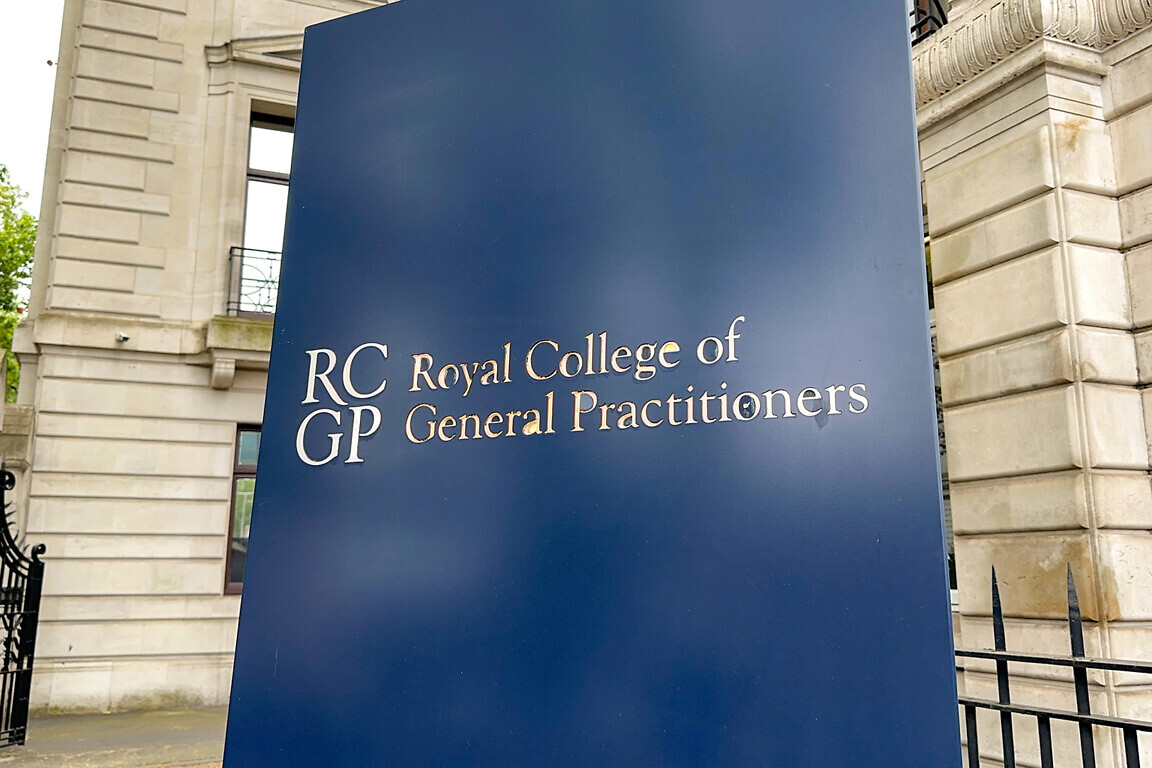As the number of GP practices falls, the Royal College of General Practitioners worries about travelling implications for patients and increased pressure on remaining practices.
The number of open and active GP practices in England has fallen by more than 1,000 in eight years, while the number of registered patients in England has risen by more than 4.8 million.
The Royal College of General Practitioners says that the figures should encourage the government to take action to ensure GP practices have the funding, workforce and support they need to stay open.
“Closing the doors to a practice will be one of the most difficult professional decisions a GP partner will ever have to make, and that this is happening on such a scale demonstrates the impact that years of unmanageable workloads, chronic underfunding, and poor workforce planning have had on general practice,” said Kamila Hawthorne, chair of the Royal College of General Practitioners.
“We know how important a local GP practice is to our patients – it doesn’t matter to them whether their surgery closes or is merged with another, because for them it may mean that the continuous care they’ve been receiving is disrupted, as staff leave. And if patients need to travel further for care, at their own cost and inconvenience, it could disincentivise them from seeking care, potentially worsening their health and widening health inequalities,” she continued.
Increased health inequality
In January 2018, the figure of open active practices stood at 7,254. As of July this year, the figure had dropped to 6,229. While some of this decrease will be the result of mergers between two or more practices, a proportion is attributable to closures.
Over a similar period, the average number of patients a qualified GP is responsible for has risen from 2,034 in December 2017 to 2,257 in July this year. It is also worth noting that the population is becoming older, frailer and living with multiple chronic illnesses.
One of the College’s main concerns, based on reports from patients, is that when surgeries close, they need to travel further for their appointments. This can be especially difficult for vulnerable or elderly patients – particularly if they have reduced mobility or are unable to drive – who may need treatment more routinely, therefore exacerbating health inequalities. Practice closures also have workload implications for neighbouring surgeries, which will likely see their patient lists grow as a result, further intensifying already high demands for care.
While there are many reasons why a practice might hand back its contract, a major factor is recruitment and retention challenges – particularly of GP partners, who are responsible for running practices – in general practice.
“We’ve heard reports from a number of patients that the loss of their local practice has meant they’ve had to travel substantially further – at greater cost – for services they used to be able to access on their doorstep. GPs make the vast majority of NHS patient contacts, so nearly everyone will rely on their local GP at some point, so this could have serious implications for their health,” said Brenda Allan, chair of the RCGP patient and carers partnership group.



